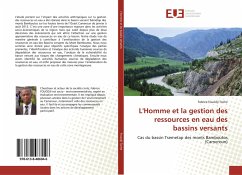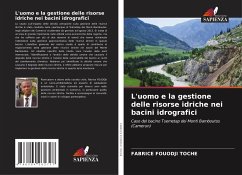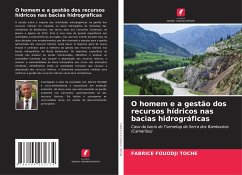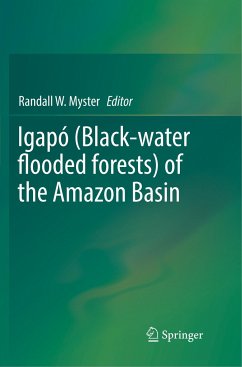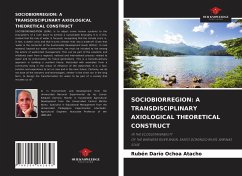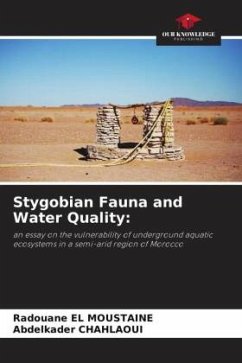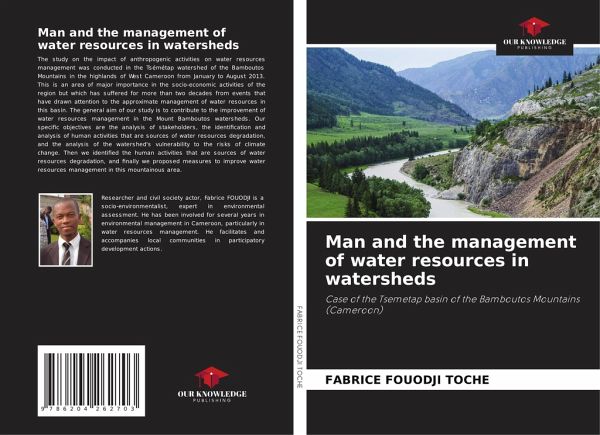
Man and the management of water resources in watersheds
Case of the Tsemetap basin of the Bamboutos Mountains (Cameroon)
Versandkostenfrei!
Versandfertig in 6-10 Tagen
36,99 €
inkl. MwSt.

PAYBACK Punkte
18 °P sammeln!
The study on the impact of anthropogenic activities on water resources management was conducted in the Tsémétap watershed of the Bamboutos Mountains in the highlands of West Cameroon from January to August 2013. This is an area of major importance in the socio-economic activities of the region but which has suffered for more than two decades from events that have drawn attention to the approximate management of water resources in this basin. The general aim of our study is to contribute to the improvement of water resources management in the Mount Bamboutos watersheds. Our specific objective...
The study on the impact of anthropogenic activities on water resources management was conducted in the Tsémétap watershed of the Bamboutos Mountains in the highlands of West Cameroon from January to August 2013. This is an area of major importance in the socio-economic activities of the region but which has suffered for more than two decades from events that have drawn attention to the approximate management of water resources in this basin. The general aim of our study is to contribute to the improvement of water resources management in the Mount Bamboutos watersheds. Our specific objectives are the analysis of stakeholders, the identification and analysis of human activities that are sources of water resources degradation, and the analysis of the watershed's vulnerability to the risks of climate change. Then we identified the human activities that are sources of water resources degradation, and finally we proposed measures to improve water resources management in this mountainous area.



